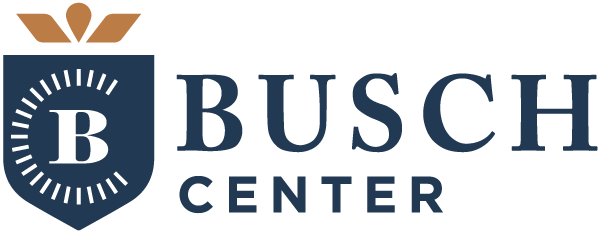RESOURCES
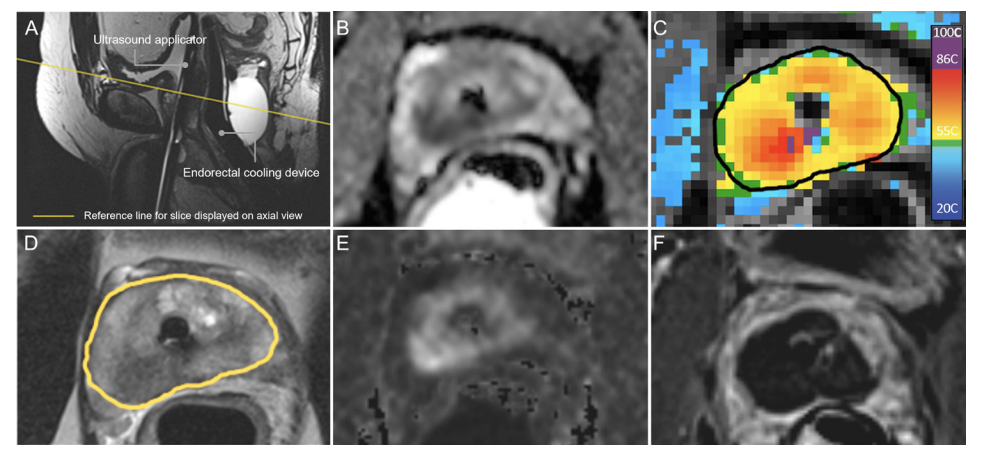
British Institute of Radiology Features Dr. Joseph Busch
Prostate cancer continues to have a negative impact on the duration and quality of life for males and their families. MRI is transforming the pathway of prostate cancer detection, diagnosis, staging, and surveillance, backed by multiple Level 1 studies and robust reporting standards. This evolving paradigm of MRI-directed care is now being expanded to include in-bore MRI-guided prostate tissue ablation techniques, which reduce the burden of...
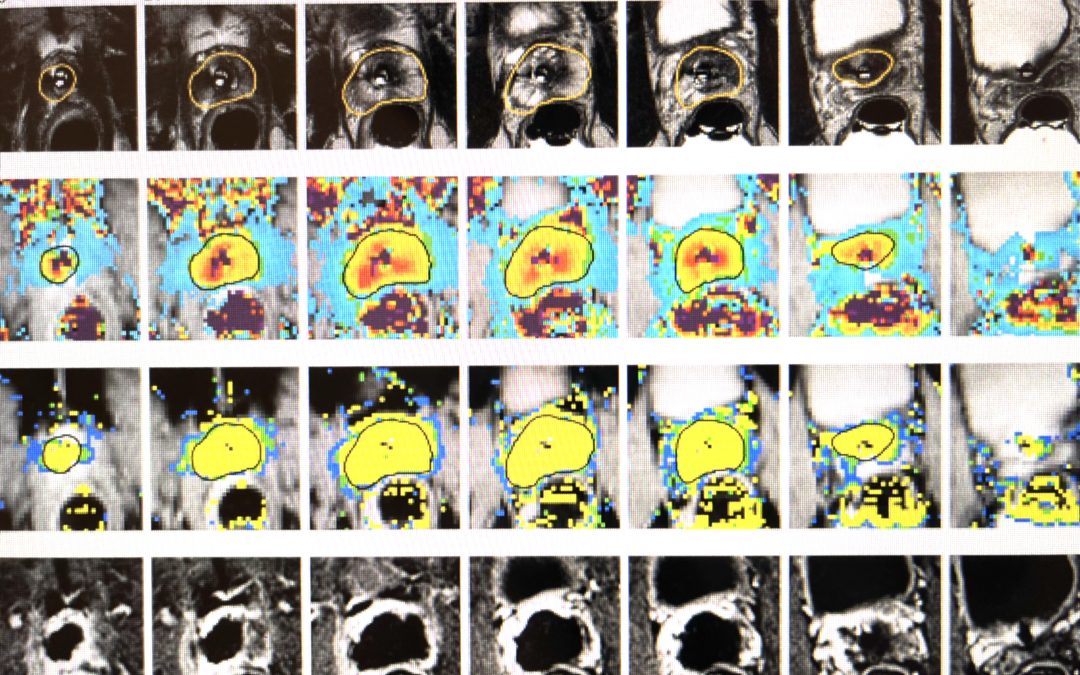
Journal of Urology Features TULSA-PRO Research
One of the most widely-read and highly-cited journals in the field of urology recently featured the TULSA-PRO system used at Busch Center. A study analyzing the treatment of 115 men using TULSA-PRO graced the cover of the Journal of Urology, giving doctors across the nation a deeper look into this groundbreaking procedure. The TULSA procedure uses magnetic resonance imaging (MRI) to guide doctors in delivering precise doses of ultrasound...
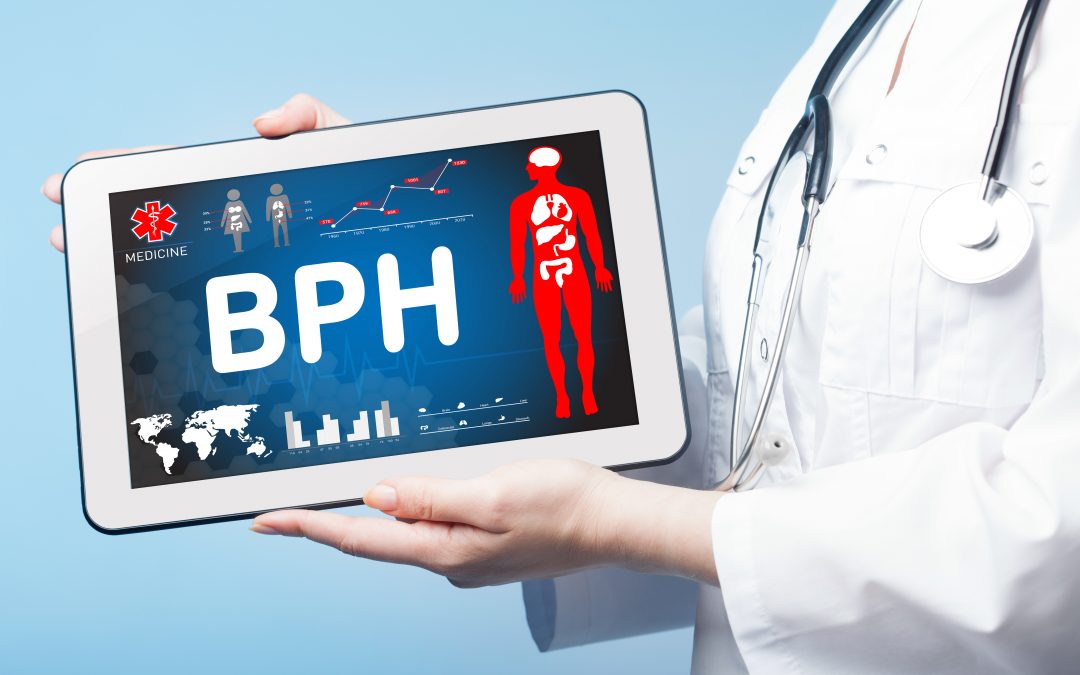
Why TULSA is the Best Way to Treat BPH
Benign prostatic hyperplasia (BPH), also called prostate gland enlargement, is very common in older men. By age 60, over one-half of men have BPH; by age 85, the number climbs to 90%, according to the American Urological Association (AUA). An enlarged prostate gland can cause uncomfortable urinary symptoms, such as increased urges to urinate, especially at night. It can also cause bladder, urinary tract, or kidney problems. There are various...

Coffee Can Reduce Prostate Cancer Risk
Diet is always an important part of reducing your risk for disease and health complications. The Busch Center team encourages the patients we’re monitoring to take care of themselves with a healthy diet. While some doctors may recommend cutting out caffeine, we don’t believe you have to eliminate your morning coffee. In fact, a new study found higher consumption of coffee is linked to lower risk for advanced prostate cancer. The study...
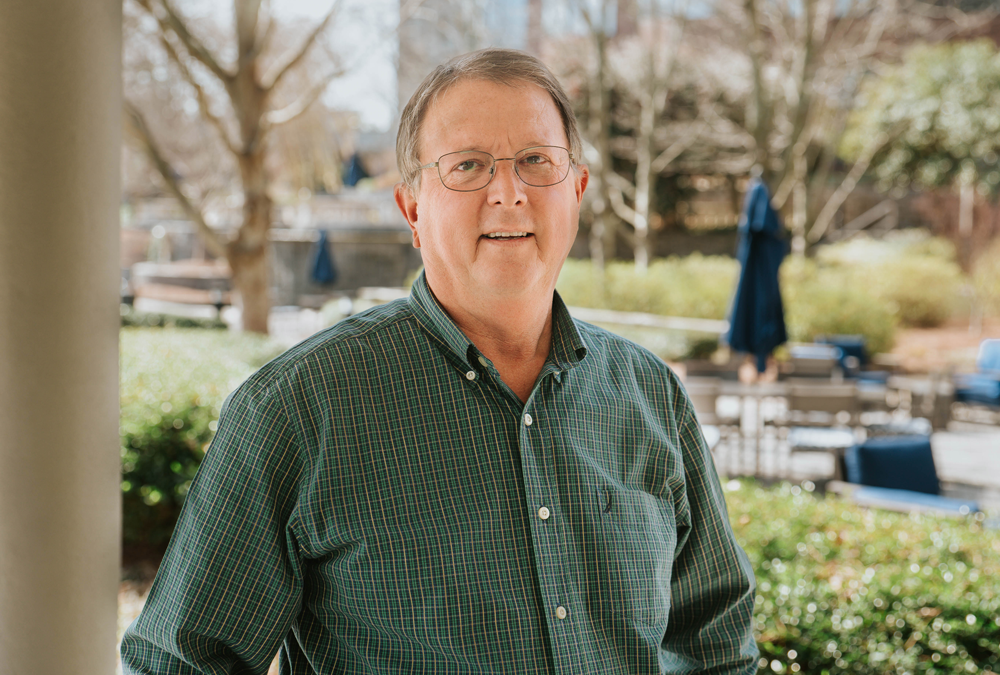
A Patient Experience: Treating Aggressive Cancer with TULSA
Matt Farmer is an experienced hunter; he knows to aim for his target before he shoots. So when his urologist suggested having a second 12-needle biopsy to “attempt” to find cancer in his prostate, Matt refused. In his late-50’s at the time, his PSA levels had been climbing for a couple of years, and his doctor was concerned it might be cancer, suggesting an initial biopsy. None of the 12 samples taken found cancer, but Matt wasn’t going to...
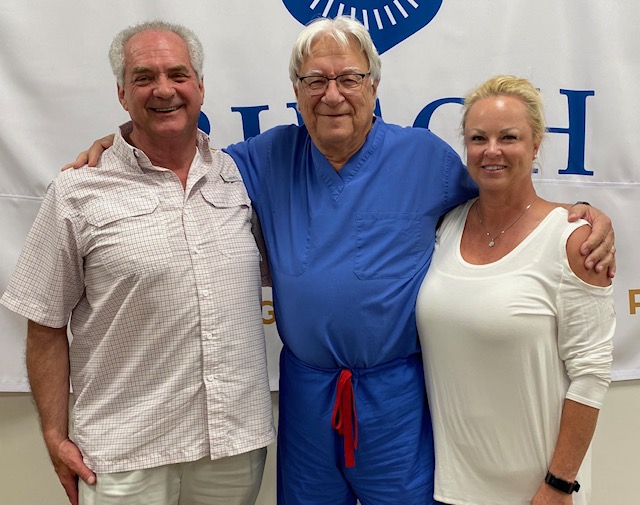
7 Ways We Care for Prostate Patients Differently
Once a patient walks in the door of Busch Center, we know they may have already seen other doctors about their prostate issues, suffered life-altering and sometimes embarrassing side effects, and had other painful prostate procedures. This is why it’s part of our vision to set a standard of care that restores their dignity, peace of mind, and physical health. New patients can expect to experience several things we do differently at Busch Center...
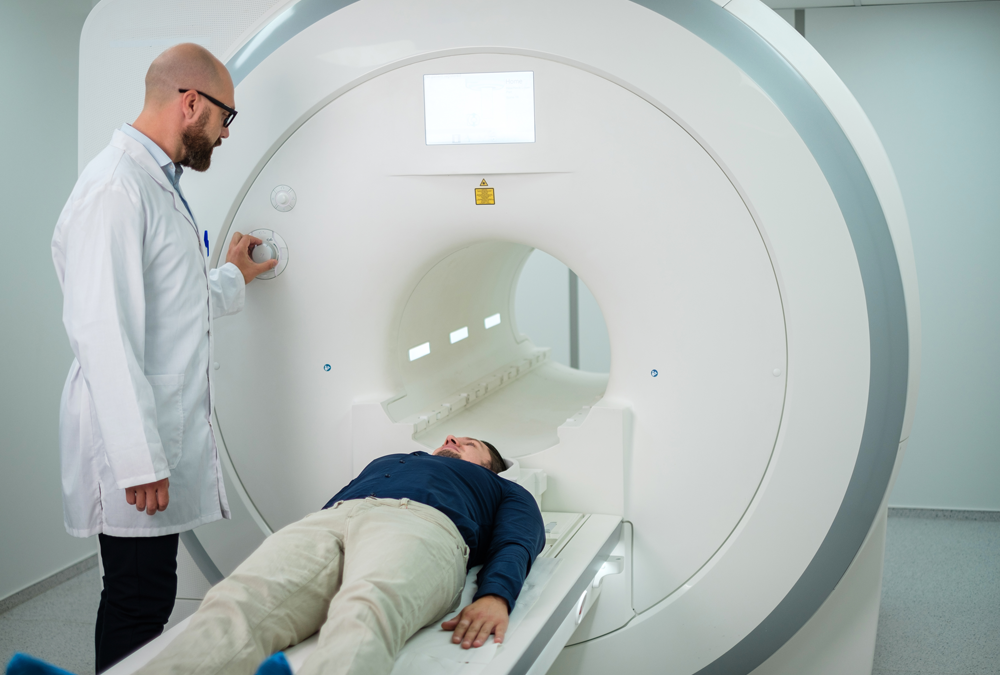
What You Should Know about Prostate Screenings
Prostate cancer is the second most common form of cancer in men. One in nine men is diagnosed with prostate cancer in their lifetime, and for African-Americans, it’s one in six. This is why proactive screening of the prostate is so important. Busch Center’s location is a strategic one. As a state, Georgia ranks among the highest in the nation for incidents of prostate cancer, and we’re determined to see men make regular prostate...

5 Exercise Tips for a Healthy Prostate
Exercise is shown to benefit physical health in numerous ways, and now there is a growing body of research showing regular exercise helps prevent prostate issues such as benign prostatic hyperplasia (BPH), prostate cancer, and erectile dysfunction.The Health Professionals Follow-up Study found that men who exercised regularly were less likely to suffer from BPH and were 20% less likely to have erectile dysfunction. But how much exercise, and...
